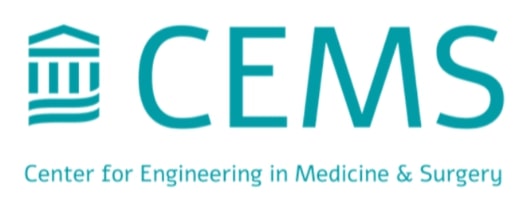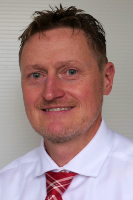 Dear Members,
Dear Members, I am honored to begin my term as President of the Society for Cryobiology. Having been a member of the SfC for over 25 years, and having served the SfC in multiple roles over that time, it is a privilege to now help guide an organization that has impacted my own career.
I would first like to sincerely thank Prof. Allison Hubel for her leadership and stewardship as President. Allison worked diligently to strengthen Society operations, governance, and continuity. I intend to continue these efforts and build upon the substantial progress made during her term. The Society is in a stronger position today because of her efforts.
The SfC has long been a unique and intellectually diverse scientific home, spanning fundamental cryobiology, plant and animal systems, gametes, tissues and organs, hypothermic storage, cryopreservation, cryoablation as well as other clinical and translational applications. This diversity is a strength, but it also places a responsibility on us to ensure that the Society remains cohesive, relevant, and visible across the broader scientific and biomedical landscape.
Looking ahead, my focus as President will be on reinforcing the SfC’s role as the scientific leader in cryobiology while expanding its engagement and impact beyond our traditional base. Advances in biotechnology, regenerative medicine, cell and gene therapy, organ preservation, and cryo-based clinical therapies increasingly rely on cryobiological principles, yet the Society is not always the first place external communities look for leadership or guidance. We can, and should, change that.
This will require thoughtful growth: supporting our core scientific disciplines while strengthening connections to industry, clinical translation, and emerging applications of cryobiology. Done well, this approach benefits all members by increasing visibility, opportunity, and long-term stability for the Society without narrowing its scientific scope.
I encourage every member to remain engaged - through meetings, committees, publishing in Cryobiology, and open dialogue about how the SfC can best serve the scientific community. I welcome your ideas and look forward to working together to advance both the discipline of cryobiology and the Society itself.
Thank you for your continued commitment to the Society for Cryobiology. I am excited about what lies ahead.
With best regards,
John M. Baust, Ph.D.
President
Society for Cryobiology

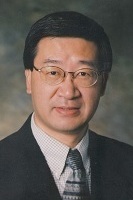 Congratulations to former Society president (2016-2019), Prof. Dayong Gao on his appointment to President-Elect of ISBER!
Congratulations to former Society president (2016-2019), Prof. Dayong Gao on his appointment to President-Elect of ISBER! 
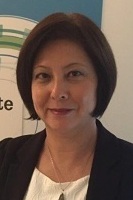
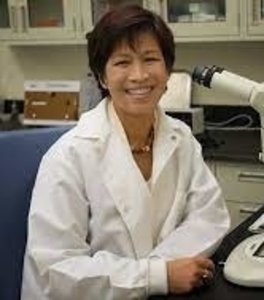
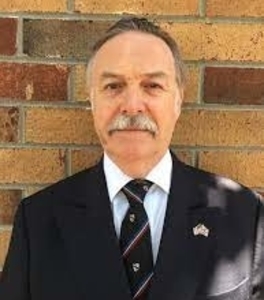

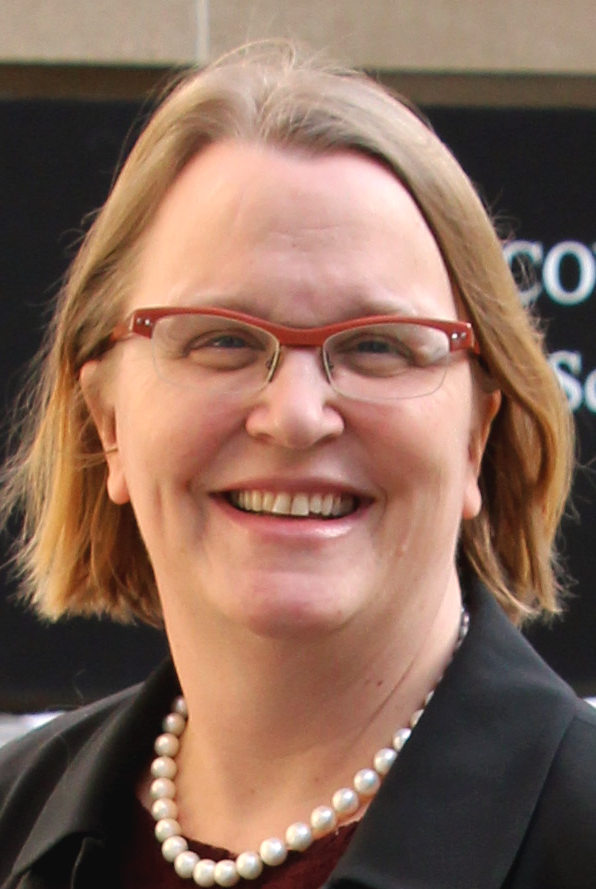
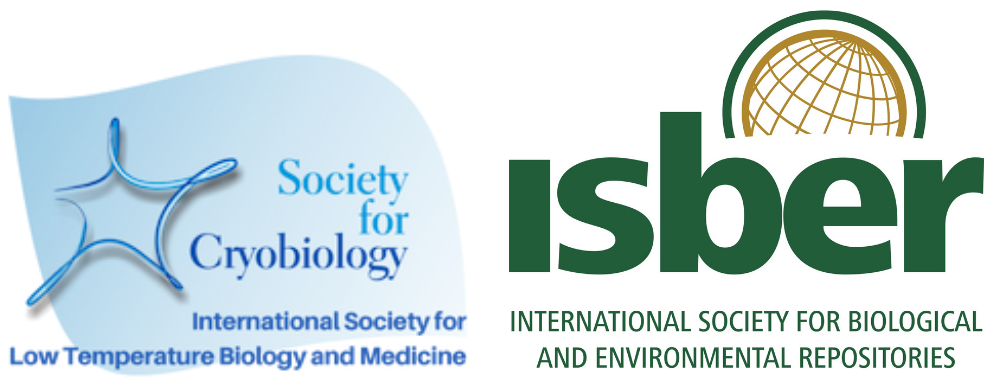
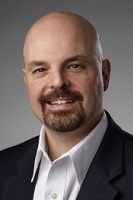 Erik Woods
Erik Woods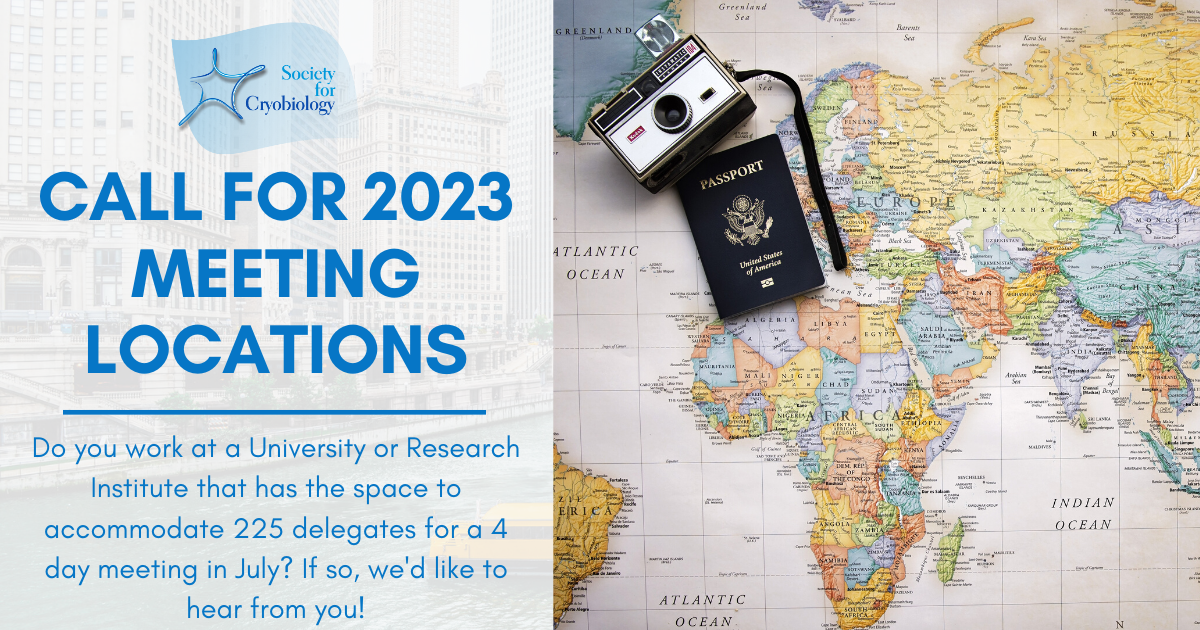
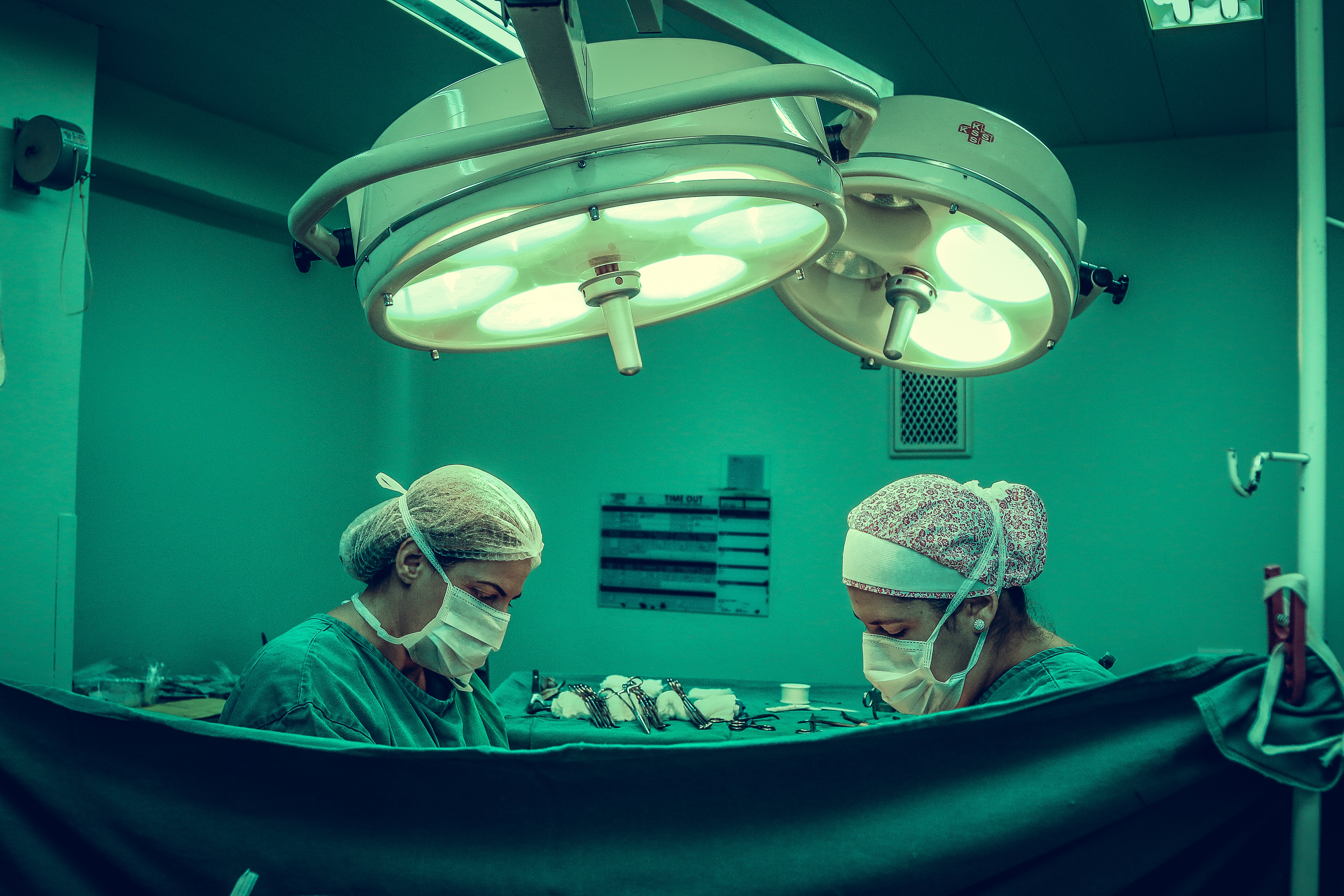 A team of medics at the University
A team of medics at the University  The
The  University College London (UCL) and the Royal Free London Hospital have announced a new ovarian tissue bank to preserve the fertility of girls and women about to undergo treatment for cancer.
University College London (UCL) and the Royal Free London Hospital have announced a new ovarian tissue bank to preserve the fertility of girls and women about to undergo treatment for cancer. 